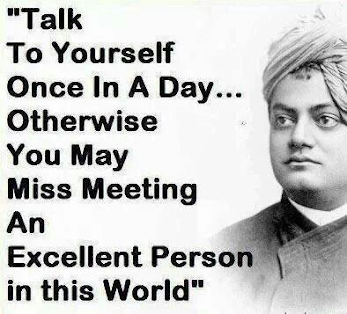APJ Abdul Kalam, full name Avul Pakir Jainulabdeen Abdul Kalam, was an eminent Indian scientist and politician who served as the 11th President of India from 2002 to 2007. He was born on October 15, 1931, in Rameswaram, Tamil Nadu, India, and passed away on July 27, 2015.
Kalam was a remarkable figure who made significant
contributions to India's space and missile programs. He played a crucial role
in the development of India's first indigenous satellite launch vehicle and
ballistic missile technology. He was often referred to as the "Missile Man
of India" for his key role in the country's missile development projects.
Some of his notable achievements include leading the
development of the Polar Satellite Launch Vehicle (PSLV) and overseeing the
successful test firing of the Agni and Prithvi missiles. His efforts in
advancing India's space and defence capabilities earned him both national and
international recognition.
Apart from his scientific endeavours, Abdul Kalam was also
known for his close interaction with students and his vision for a developed
India. He was passionate about education and inspired many young minds through
his speeches and interactions. His books, especially "Wings of Fire,"
have been widely read and continue to motivate people around the world.
In 2002, Kalam was elected as the President of India,
becoming the first scientist to hold the highest office in the country. During
his tenure as President, he focused on promoting education, rural development,
and youth empowerment. He was widely admired for his simplicity, humility, and
dedication to the welfare of the nation.
Tragically, on July 27, 2015, Abdul Kalam suffered a cardiac
arrest while delivering a lecture at the Indian Institute of Management
Shillong. Despite immediate medical attention, he could not be revived. His
death was mourned by the entire nation, and he left behind a legacy of
scientific achievements, leadership, and inspiration for future generations.







